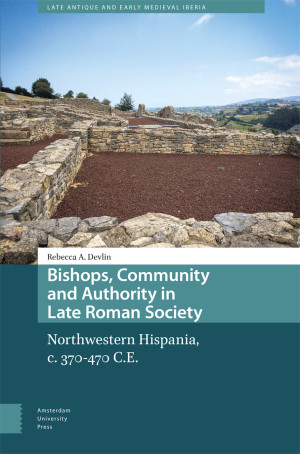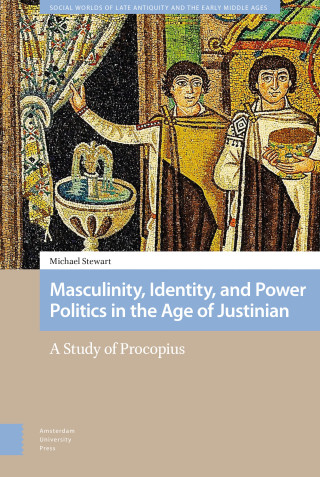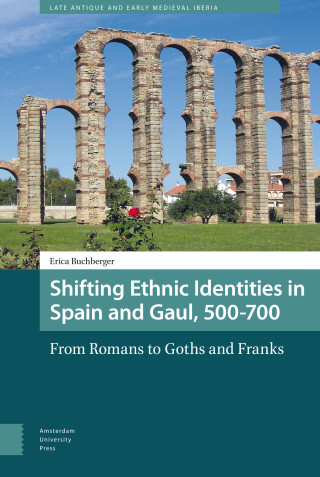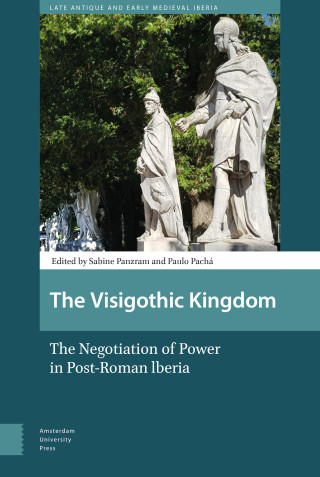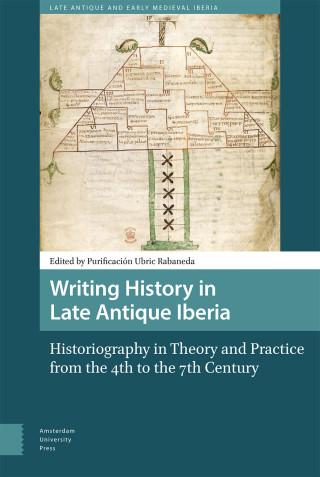When the bishop Hydatius found himself held hostage in Gallaecia, a Roman province in the northwestern Iberian Peninsula, by a band of Sueves in the year 460, he deployed his experience as an ambassador for his congregation and used his captivity as a tool for negotiating peace. As this example shows, bishops held considerable economic, political, and social power in the early Middle Ages. The expansion of ecclesiastical influence was not, however, a simple consequence of the legalization of Christianity or a power vacuum that followed the withdrawal of imperial authority. The transformation of the episcopate resulted instead from dynamic processes to which all status groups contributed and that are best understood through contextual and diachronic analysis. This monograph focuses on the clerical community in Gallaecia and employs a case study and interdisciplinary approach, incorporating written and material evidence, to put bishops like Hydatius in their larger social and economic contexts to elucidate why the people living and working in their sees would imbue them with increasing authority and explain how their roles within their local communities expanded.

